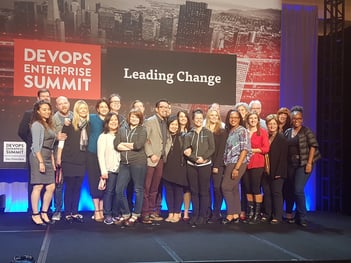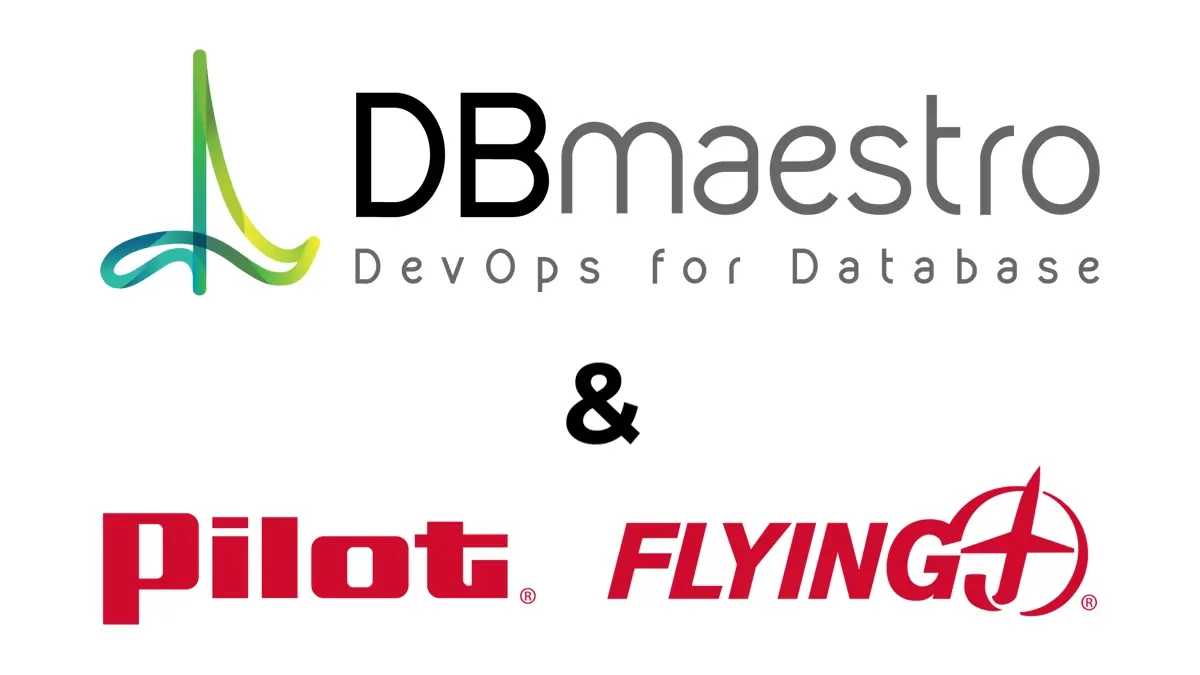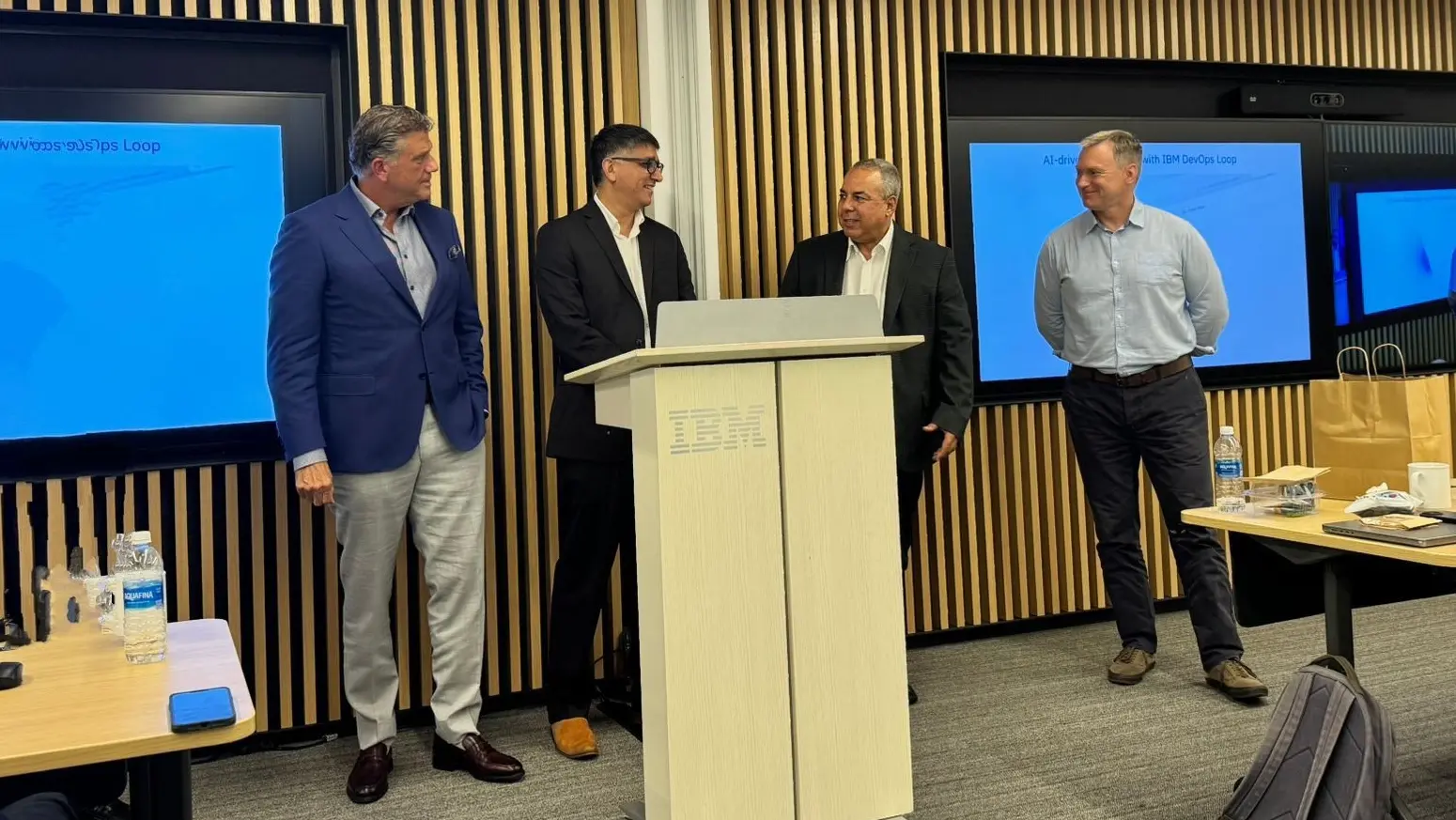The DevOps Enterprise Summit in San Francisco is an extremely important conference which provides a measuring stick for the progress the DevOps industry has made over the past year. For our Americanreaders, it’s “The State of The Union” of DevOps.
The best and the brightest of the industry come together to talk trends, successes, challenges, to learn from one another about the latest in the DevOps Toolchain and exchange ideas. It is also a place where those that are considering adopting DevOps come to learn about the resources offered.
As it happened, the DevOps Enterprise Summit also made for the perfect opportunity for DBmaestro’s newly appointed EVP of North American Operations, David Rosi, to make his first public appearance as a member of the company.
In an interview conducted by Matt Hines from DevOps TV, Rossi talked about the database being left behind, and how DBmaestro is changing perceptions. “A couple of years ago, people were not thinking about the database. They were doing things manually, writing scripts, doing simple compare and sync analysis. They weren’t doing what they now need to do. We need to bring all those pieces together to be successful.”
DevOps Toolchain
Rosi, who is leading DBmaestro’s North America’s Operations based in the Boston area, addressed the increased attention the database has received at this year’s conference.
“The uptick that we’ve all seen in the use of tools on the application side is putting the database under more of a spotlight, so more and more companies realize they need to address the problem. Clients are starting to engage and show classic behavior in a market that’s starting to ramp up.”
Source Control
Rosi understands the buzzwords associated with the DevOps culture; speed, scale, automation. “But those things on their own is not enough,” he says.
“We looked at source control, for example, that’s different in a database world, and then the ability to automate what you now have trust in, so that you don’t have anybody playing around with your database. Having that security and reporting that’s going to tell you anything and everything you need to know about what happened with the database is the most important thing.”
Database Automation
Rosi agreed that a few years ago, security and automation were words that made people uncomfortable when seen together. But now, with the leveraging of automation early on, a lot of the problems that could become security headaches down the road, are going to be rooted out early on.
The full interview can be seen here.






